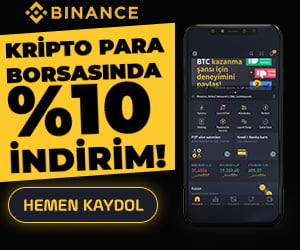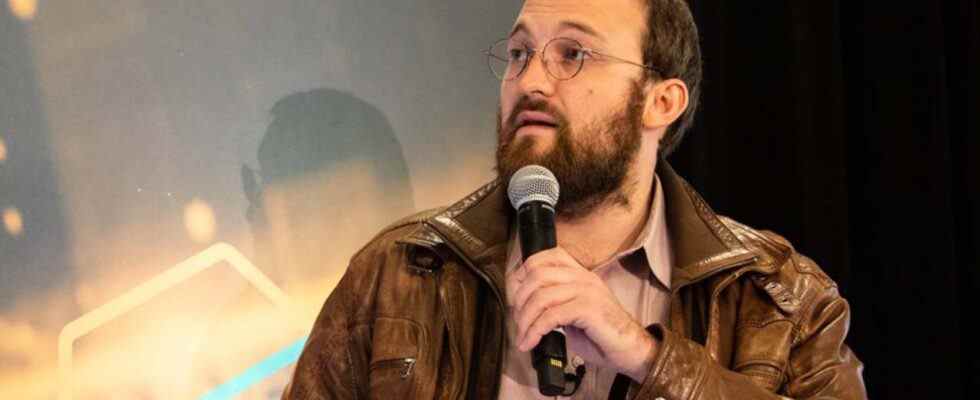Cardano (ADA) founder Charles Hoskinson announced that a project with the potential to reduce the gap between developed and developing countries will be available very soon.

Charles Hoskinsondetailed its new project, stating that an Africa-focused peer-to-peer lending project will be launched on the Cardano blockchain this year.
“Another thing we’re going to do this year that I think is really cool on the horizon is that we’ll finally be able to provide peer-to-peer loans to Africa… With a fully peer-to-peer stablecoin (a stablecoin that will be on the Cardano network), the only project in Kenya with a blockchain-based identity We will be.”
According to the Cardano founder, the seventh largest blockchain peer-to-peer lending project by market capitalization will help reduce income and wealth inequalities between countries.
“Long-term and short-term the point is, if you do, in the short run, billions of dollars in value will go from the developed world to the developing world where interest rates are higher…
Even talking about it makes me very excited because it helps us close the gap and create that one global economy. Unlike its two economies, created by the rich and the poor.”
Hoskinson also says that the unreliable nature of blockchains is one of the technology’s greatest contributions to the world.
“This overarching concept of responsibility enhances your ability to validate something someone has told you. There are so many things in life that you learn that you truly trust a third-party organization, from credentials to voting to money, that you can’t really verify.
Bitcoin (BTC) great example in this regard. This includes Ethereum, Cardano or any of these cryptocurrencies for which you have overarching responsibility for accounting. If I send you a Bitcoin, you won’t trust me. You have a node. You can check and verify that it exists and is not double-spent. So it’s called an inclusive accountable system.”
According to Hoskinson, use cases of blockchain technology now go beyond payments.
“As a society, we are starting to take a step back and ask questions like what else can maintain inclusive accountability. As in the case of supply chains, for example, is the food organic or not? Is it safe or not? Is the water I drink safe or not? That kind of stuff. Medical information, credentials, voting information, whatever you have. Land – how do I know the property really belongs to you? We’re starting to ask about these kinds of things.”
Disclaimer: What is written here is not investment advice. Cryptocurrency investments are high-risk investments. Every investment decision is under the individual’s own responsibility. Finally, Koinfinans and the author of this content cannot be held responsible for personal investment decisions.
